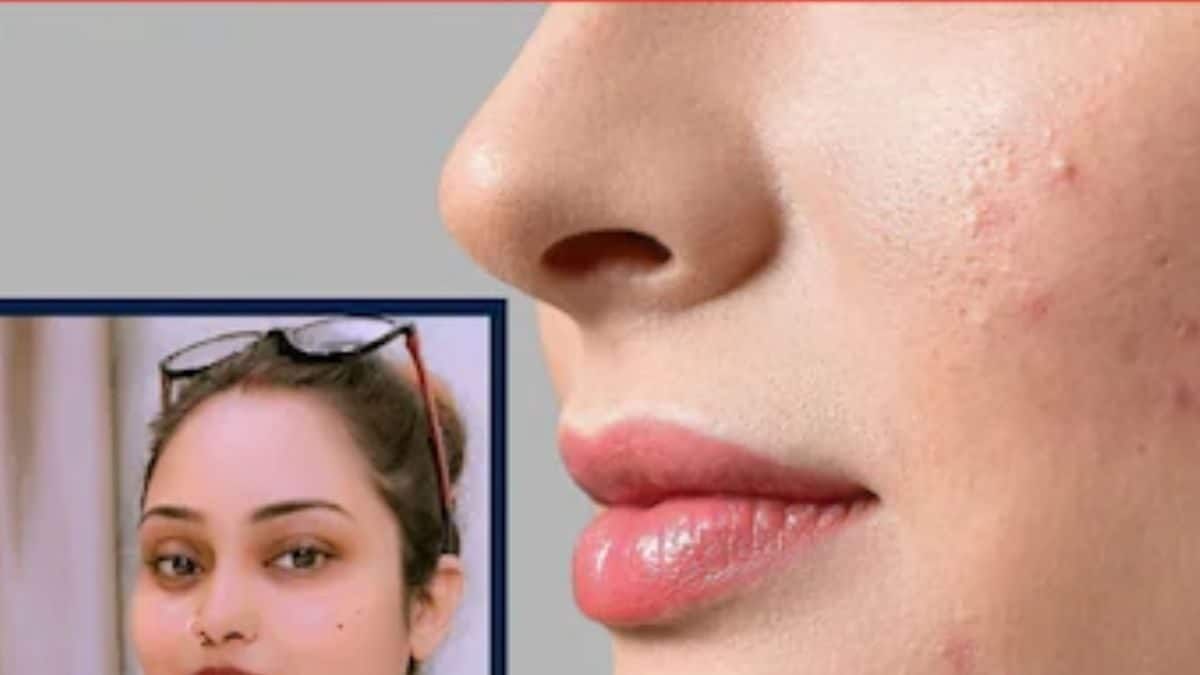Vitamin B12 deficiency can make your skin look dull.
Vitamin B12 is considered very beneficial for improving metabolism, the nervous system and cell reproduction.
If you see signs of aging while you are young, you may have a deficiency of Vitamin B12 in your body. Vitamin B12, also known as cobalamin, plays a very important role in the body. It activates the functions of the central nervous system and creates healthy red blood cells. Vitamin B12 deficiency can make your skin look dull, lifeless and you start losing your complexion. Pimples and fine lines start appearing on the face. It is also very important for the internal functioning of the body. Among the 9 types of vitamins in the body, Vitamin B12 is considered very important. It also helps in DNA synthesis. Clinical dietitian Shraddha Srivastava shares the symptoms of Vitamin B12 deficiency and also the ways to get rid of the problem. According to Shraddha Srivastava, Vitamin B12 is considered very beneficial in maintaining healthy skin. It also improves metabolism, nervous system, cell reproduction, reduces skin inflammation, dryness, and acne.
Symptoms of vitamin B12 deficiency:
-
Loss of appetite.
-
Dryness and yellowing of the skin.
-
Headache.
-
Mouth ulcers.
-
Feeling weak and lethargic.
Tips to overcome vitamin B12 deficiency:
-
Eat fish: According to Shraddha Srivastava, fish contains vitamins, proteins and nutrients like omega-3 fatty acids. Adding fish to your diet will help reduce vitamin B12 deficiency.
-
Eggs: They also contain vitamin B12. Excessive fatigue can be a cause of vitamin B12 deficiency and to overcome it, include dairy products in your diet.
-
Fortified cereals: These contain added vitamins. Vegetarians can include fortified foods in their diet which can help overcome this problem. They also contain a mix of hulled cereals which are packed with nutrients.
-
Fruits and vegetables: Vitamin B12 can be easily obtained from fresh fruits and vegetables. Beetroot, red vegetables like potatoes, white vegetables like mushrooms, etc. are very beneficial.
-
Oats: Oats are also a good source of vitamin B12. Not only oats, cornflakes and buttermilk also contain vitamin B12. Cottage cheese, milk, whole grains, fortified breakfast cereals and seasonal green vegetables can be added to the diet as they are a good source of vitamin B12.












